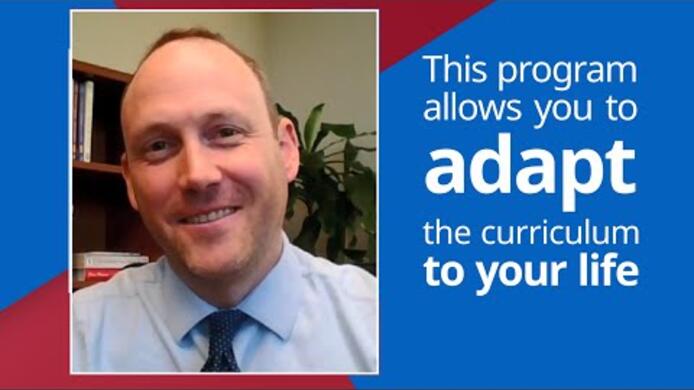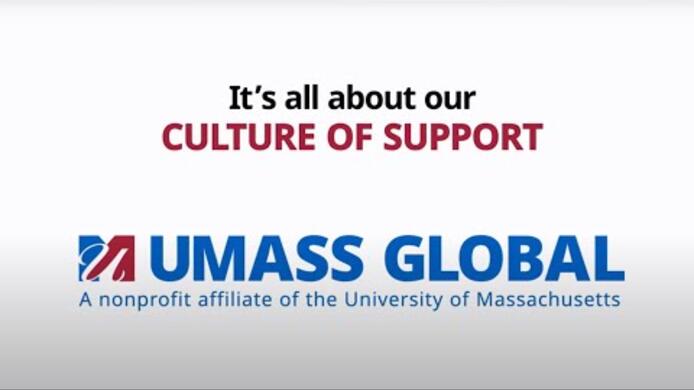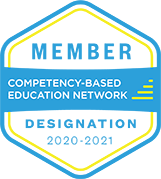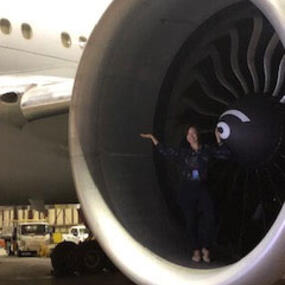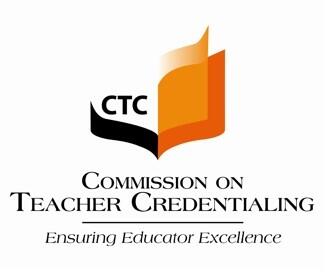Enhance Your Leadership Skills on Your Schedule
The UMass Global MyPath MA in Organizational Leadership measures your understanding and mastery. Completely self-paced and online, you’ll progress from leadership foundations to leadership practices. Perfect for self-motivated learners, you advance as you demonstrate “competency,” not through hours spent in a classroom. Because of the unique aspect of this self-paced master’s degree, you can complete your MA in Organizational Leadership in less than one year, saving time and money.
- Work at Your Pace for One Fee: With this MyPath MAOL degree, you pay a single fee for six months, regardless of how many competencies you work through.
- Your Military Schooling Counts: Eligible active duty, reserve, and veteran military members can be awarded mastery of two competencies for comparable military course work as a block transfer.
- Competencies = 36 Credits: The CBE competencies in this MAOL are equivalent to 36 credit hours (24 core credits and 12 individualized elective credits).


